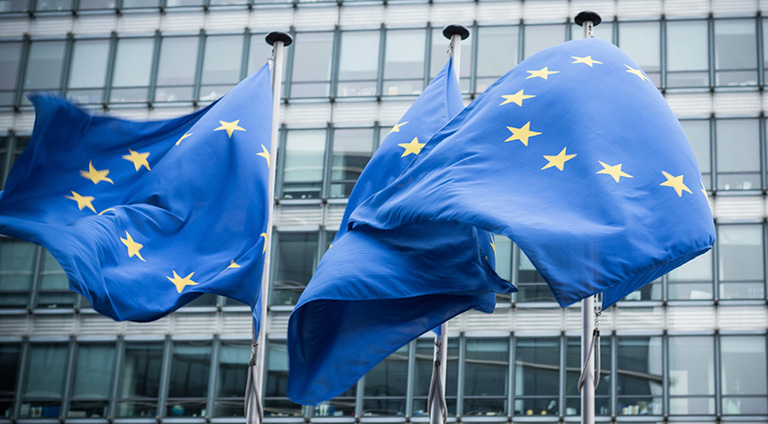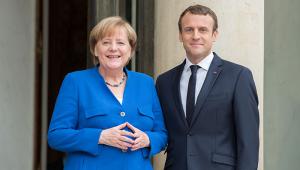Although formal aid, known as overseas development assistance, is relatively small for developing countries as a whole, it is a major source of finance for the very poorest nations, particularly those affected by conflict and, increasingly, climate-related vulnerabilities, the council said in a report.
In 2019, EU countries – including the UK, which was a member at the time – spent €75.2bn on ODA.
Although this was higher than the €74.9bn spent in 2018, as a proportion of gross national income (on which aid targets are based), aid spending decreased from 0.47% to 0.46%.
“The council continues to be increasingly concerned by the overall negative trend of EU collective ODA/GNI, which has decreased for the third year in a row, and by the deepening gap towards reaching the collective target to provide 0.7% of GNI as ODA,” the report stated.
Just four countries met or exceeded the 0.7% target: the UK, Sweden, Luxembourg and Denmark.
In six member states, the ratio increased, while in 14 it remained stable and in eight it decreased.
A slight improvement was made in terms of the amount of ODA provided to the ‘least developed countries’ – a group of 47 of the world’s poorest nations, as designated by the United Nations.
ODA to these countries increased for the second year in a row, reaching 0.125% of GNI, but the council “remains seriously concerned” that the EU has still not met its short-term target of 0.15%, with the long-term target being 0.2% by 2030.
In the report, the council stated that more efforts are needed by member states to meet their targets, “especially in light of the downward trend in ODA and of the multi-dimensional crisis that the Covid-19 pandemic has triggered”.
“The council stressed that it is urgent for the EU and its member states to take concrete, verifiable actions towards achieving these commitments,” the report continued, recommending that the European Commission should launch initiatives to promote aid.














